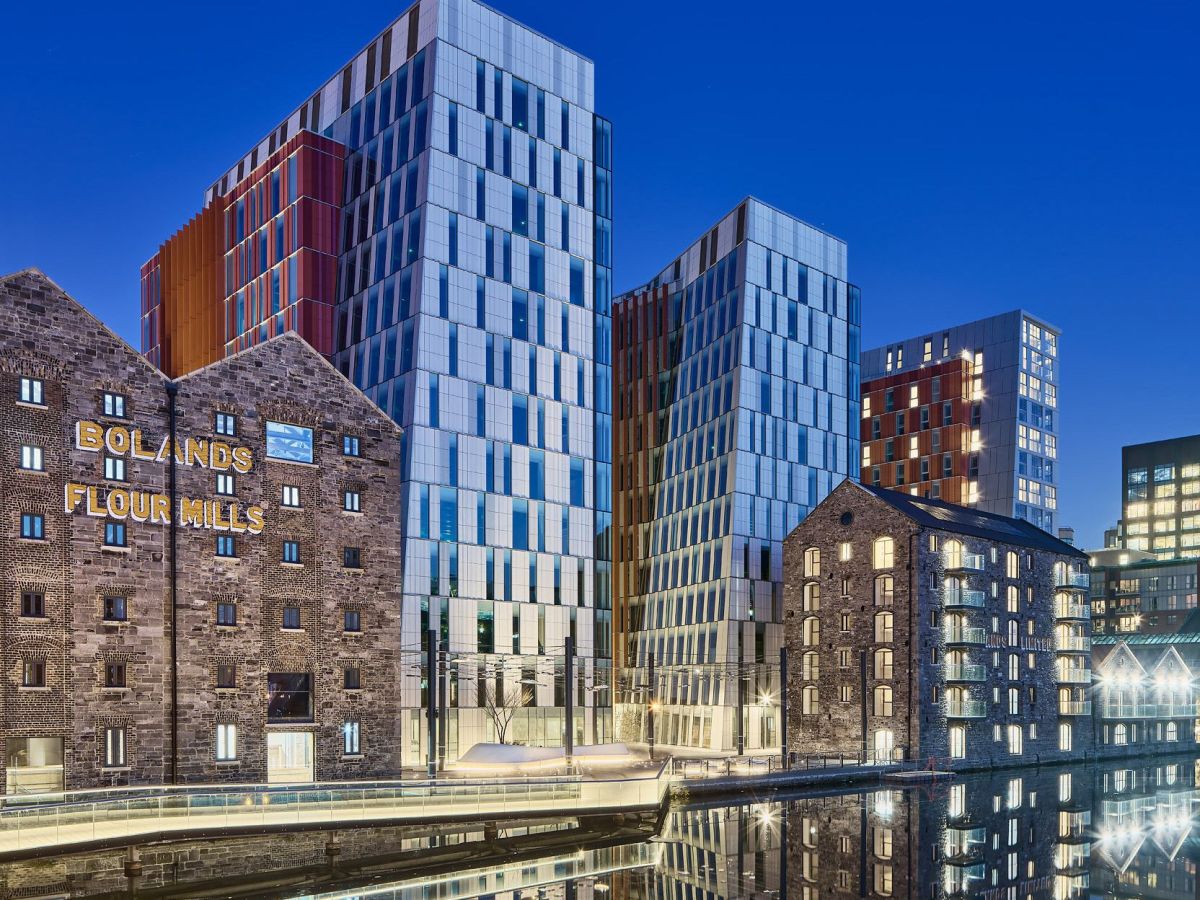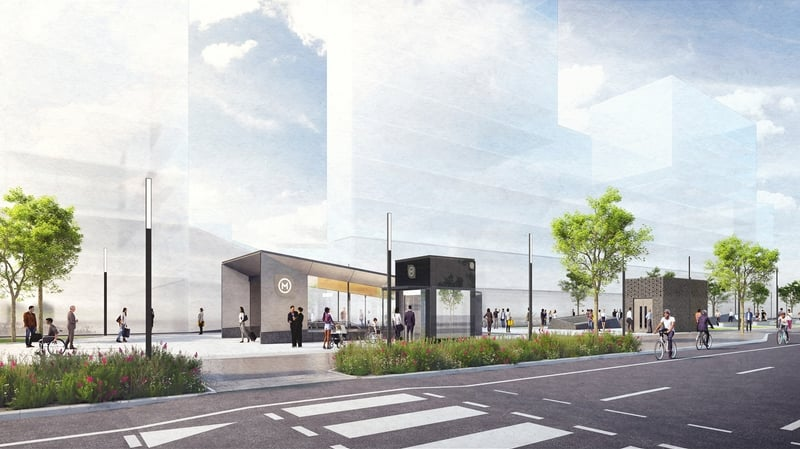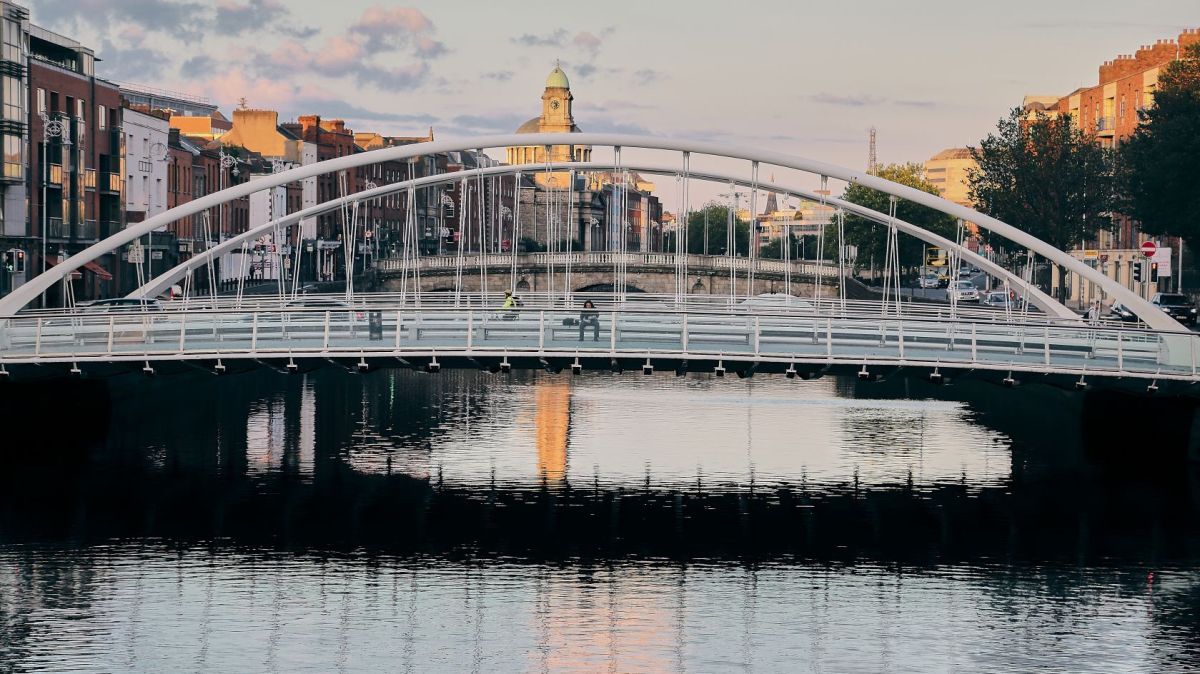The application included a planning report that described the project as a “regeneration of a small-scale, vacant, urban infill brownfield site.”
The report emphasized that the site is currently used as a surface car park, which it called “an inefficient and unsustainable use of scarce inner-city land.” It argued that the aparthotel would be an appropriate development for the site, boosting the city’s tourism offerings.
Additionally, a hotel concentration report indicated that there was no oversaturation of similar aparthotels within a 1km radius.
Despite these arguments, the council refused permission, stating that the development was “overly dominant” and would appear “overbearing and incongruous” in the streetscape. They also cited concerns about the negative impact on Thomas Street’s archaeological and built heritage.
The council further ruled that the project could set a “negative precedent” for similar developments in the area. The refusal was also linked to the applicant’s failure to provide a Basement Impact Assessment, which is required to assess the environmental effects of the proposed basement construction. The site is located in a Zone of Archaeological Constraint, necessitating the removal of any archaeological deposits. The council also noted that the scheme conflicted with the Dublin City Development Plan 2022-2028, which discourages basement development in Dublin’s medieval core.
Sinn Féin Deputy Ó Snodaigh and Councillor Máire Devine raised concerns about the oversaturation of transient accommodations, including hotels, aparthotels, co-living, and student housing, in the Liberties. They emphasized that while such developments serve tourism, they do little to address local housing needs.
In a separate objection, local resident Niamh O’Beirne argued that there is “a systematic attempt at erasing the character and culture of the Liberties,” noting the area’s saturation with hotels and Airbnbs. As a resident of over 14 years, she expressed concern over the negative impact of such developments on the community, stating that they cater to tourists rather than improving the quality of life for those living and working in the area.















